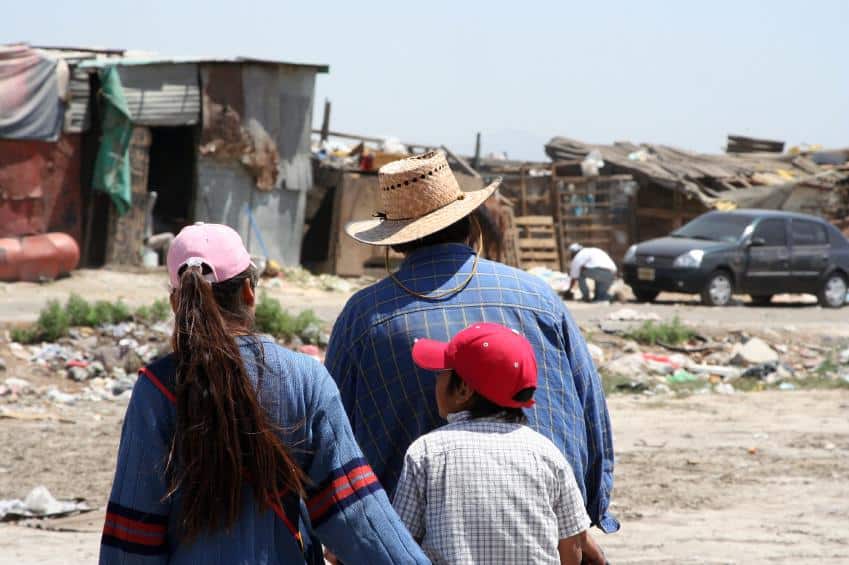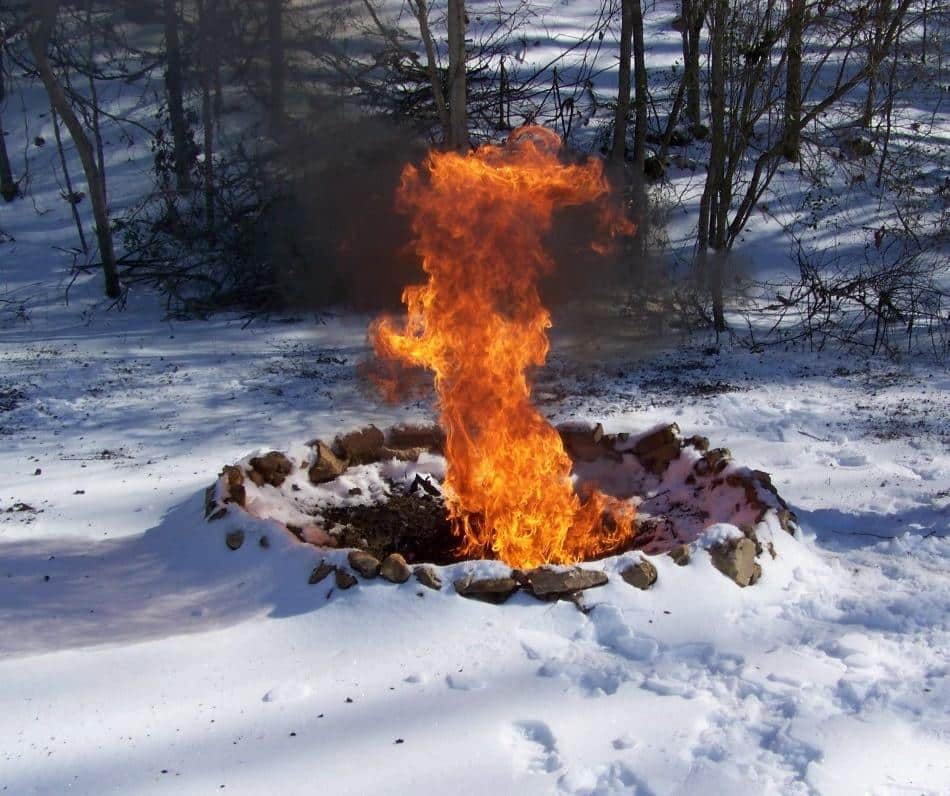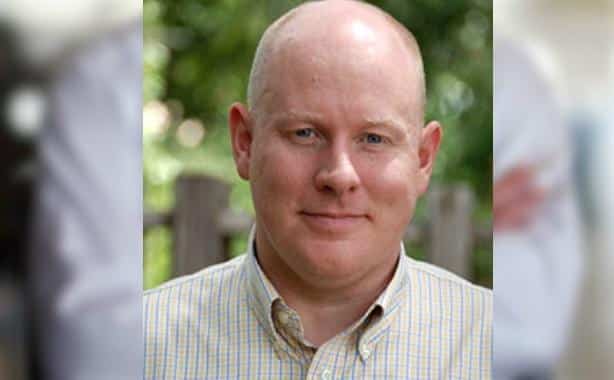 Off The Grid News recently sat down with Doomsday Preppers’s star Jay Blevins to discuss the various approaches and aspects of prepping. In addition to appearing on the hit National Geographic television show, Blevins is also an accomplished author and former law enforcement officer. This is part two of our interview with him.
Off The Grid News recently sat down with Doomsday Preppers’s star Jay Blevins to discuss the various approaches and aspects of prepping. In addition to appearing on the hit National Geographic television show, Blevins is also an accomplished author and former law enforcement officer. This is part two of our interview with him.
Jay’s newest book, Survival and Emergency Preparedness Skills, or SEPS, goes into great detail about both the physical and mental skills needed to survive a disaster. The beyond-the-bug-out-bag novel began as an informative supplement Blevins was adding to the emergency kits he was putting together for friends and family but later grew into more.
OTG: What prompted you to write Survival and Emergency Preparedness Skills? What does the book offer to both newbie and veteran preppers?
Jay: I began working on SEPS in 2008, about five years after I got serious about prepping. At the time, I was building emergency kits and bug-out bags for people, but I have always thought that your gear doesn’t do any good unless you know how, why, when to use it. So, in 2008 I started researching for a supplemental guide to include in my emergency kits.
It conducted research on recent emergencies, interviews of people who had survived different emergencies, and consulted many different resources to put SEPS together. It was released on November 2, 2012 – just a few weeks before the premiere of our NatGeo episode, and it has received great reviews.
For newbies, SEPS offers a solid definition of prepping, and why it’s done, as well as a solid foundation in what I believe are the six most important aspects of survival and emergency preparedness skills. For veteran preppers, I’ve noticed there are many books out there that talk about supplies, gear, etc. Those things are important, but the two areas I address in SEPS that you might not see in other places, no matter how long you’ve been prepping—they are mental preparation and spiritual preparedness. I’ve gotten emails, calls, and letters from people across the country who have used the book to begin prepping and also to add to their prepping “tool kit.”
OTG: You first book was entitled The Last Fall, a novel some readers called ‘life changing.’ What is the book about?
Jay: Even I was surprised at the response to my first novel, The Last Fall, which was released by OakTara publishers in October of 2010. The Last Fall is about a successful but ruthless D.C.-area attorney who has it all, until one day when he passes out in court. Eric awakes in ER and is diagnosed with a deadly disease. Eric is running out of time.
Instead of using his remaining days to go skydiving, mountain climbing, or drag racing, Eric sets out on a journey to right past wrongs and mend broken relationships. If he can survive his own past demons, waning health, and a criminal out for revenge, he just might find the redemption and hope he’s looking for. The Last Fall has touched readers on a deep level, and some have written to say that it changed their lives.
OTG: How has your faith impacted your approach to prepping?
Jay: My faith gives me the strength and inspiration to survive any situation. My hope is in the Lord; to have him as a higher power to call on helps me to get through those situations that might seem insurmountable otherwise. That said, I strive to be prepared for any and every situation this world my throw my way, but at the end of the day, there are some catastrophes and emergencies one might not survive. In those situations, I feel I have made my peace with my maker, and ultimately am ready for even the worst case scenario!
OTG: Medical preps and training to use the supplies garnered is often a stumbling block for some preppers and homesteading families. What advice on medical preparedness can you offer Off The Grid News readers?
Jay: Great question. First, I would say take advantage of free training. Local groups like CERT (community emergency response teams), volunteer rescue squads, and other organizations many times offer free training if you’re willing to volunteer some time for them. There are many online and community college type courses that offer these types of classes as well. Outside of that, I’d say contact a local doctor, nurse, or other medical professional, and see if they are willing to barter training for training (i.e., train them how to be self-sufficient while they provide medical training). Again, this goes back to the idea of being part of a trusted mutually beneficial network, as opposed to trying to go it on your own.
OTG: Urban preppers often have a very detailed bug out plan to leave the city to escape civil unrest after either a natural or man-made disaster. Some experts feel that a practiced plan is an awesome first step, but acquiring the skills necessary to survive one reaching the typically rural new venue is equally important. What are the top five tips you would give to urban preppers planning on bugging out in the wake of a disaster?
Jay: Well, I know it might sound like a commercial, but I’d say to buy my SEPS book, as it has the six foundational aspects of prepping for any area. That said, they are; mental preparation, preparing for events in your area, preparing supplies, making a plan, protection, and last, spiritual preparedness. The book goes into detail about how to cover these six important areas.
OTG: You are one of the featured speakers at the Doomsday Expo in Denver. What topics will you be discussing at the June 27-29 event?
Jay: I’ll share a message I’ve entitled “SEPS 101: Six foundational aspects of survival/emergency preparedness. I’ll give some updated examples for the six aspects of prepping discussed in my book and will have ample time to answer questions, do a meet and greet, etc. Books will be available for purchase and signing after I speak and at my booth, which I’ll be at for all three days of the expo anytime I’m not speaking or doing other media appearances. I strongly encourage people to come out to this expo, as it will be a one stop shop for many of the prepping supplies they’ll need, as well as a line up of incredible speakers, and other prepping-related activities.











